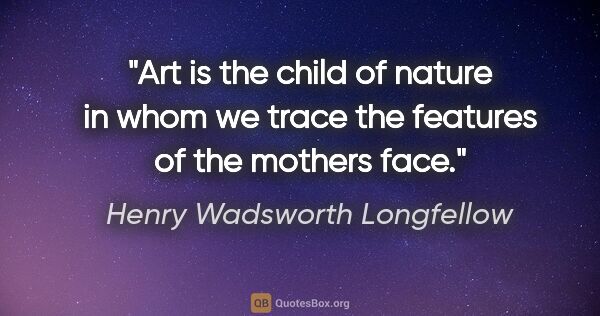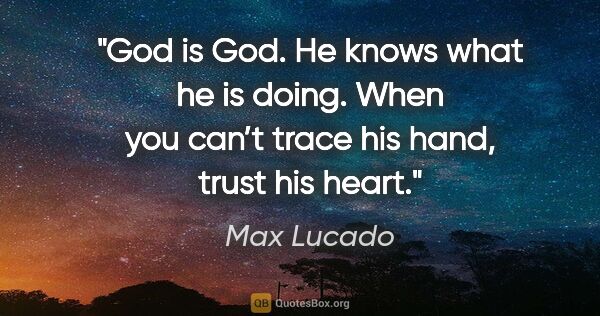Traces Quotes (page 8)
I don't know. I suppose I should have had a better idea of what I was letting myself in for. Still, the first murder? the farmer? seemed to have been so simple, a dropped stone falling to the lakebed with scarcely a ripple. The second one was also easy, at least at first, but I had no inkling how different it would be. What we took for a docile, ordinary weight (gentle plunk, swift rush to the bottom, dark waters closing over it without a trace) was in fact a depth charge, one that exploded...
Donna Tartt
Well how do you know we ain’t Negroes?”
“Uncle Jack Finch says we really don’t know. He says as far as he can trace back the Finches we ain’t, but for all he knows we mighta come straight out of Ethiopia durin’ the Old Testament.”
“Well if we came out durin’ the Old Testament it’s too long ago to matter.”
“That’s what I thought,” said Jem, “but around here once you have a drop of Negro blood, that makes you all black.
Harper Lee
Not to find one's way around a city does not mean much. But to lose one's way in a city, as one loses one's way in a forest, requires some schooling. Street names must speak to the urban wanderer like the snapping of dry twigs, and little streets in the heart of the city must reflect the times of day, for him, as clearly as a mountain valley. This art I acquired rather late in life; it fulfilled a dream, of which the first traces were labyrinths on the blotting papers in my school notebooks.
Walter Benjamin

INTERVIEWER
Do you believe in God?
ECO
Why does one love a certain person one day and discover the next day that the love is gone? Feelings, alas, disappear without justification, and often without a trace.
INTERVIEWER
If you don’t believe in God, then why have you written at such great length about religion?
ECO
Because I do believe in religion. Human beings are religious animals, and such a characteristic feature of human behavior cannot be ignored or dismissed.
Umberto Eco
She knew that she belonged to this man, body and soul. Every trace of shame departed; it was burnt out by the fire that consumed her. She gave him a thousand opportunities; she fought to turn his words to serious things. He baffled her with his shallow smile and ready tongue, that twisted all topics to triviality. By six o'clock she was morally on her knees before him; she was imploring him to stay to dinner with her. He refused.
Aleister Crowley
I could still see that Pauline was one of the most beautiful girls I had ever met, but of the ancient fire which had caused me to bung my heart at her feet that night at the Plaza there remained not a trace. Analysing this, if analyzing is the word I want, I came to the conclusion that this changed outlook was due to the fact that she was so dashed dynamic. Unquestionably an eyeful, Pauline Stoker had the grave defect of being one of those girls who want you to come and swim a mile before...
P. G. Wodehouse

I look up at the ceiling, tracing the foliage of the wreath. Today it makes me think of a hat, the large-brimmed hats women used to wear at some period during the old days: hats like enormous halos, festooned with fruit and flowers, and the feathers of exotic birds; hats like an idea of paradise, floating just above the head, a thought solidified.
Margaret Atwood
A stone lies in a river; a piece of wood is jammed against it; dead leaves, drifting logs, and branches caked with mud collect; weeds settle there, and soon birds have made a nest and are feeding their young among the blossoming water plants. Then the river rises and the earth is washed away. The birds depart, the flowers wither, the branches are dislodged and drift downward; no trace is left of the floating island but a stone submerged by the water;? such is our personality.
Cyril Connolly
His answers were quite often like that. When she spoke of beauty, he spoke of the fatty tissue supporting the epidermis. When she mentioned love, he responded with the statistical curve that indicates the automatic rise and fall in the annual birthrate. When she spoke of the great figures in art, he traced the chain of borrowings that links these figures to one another.
Robert Musil
